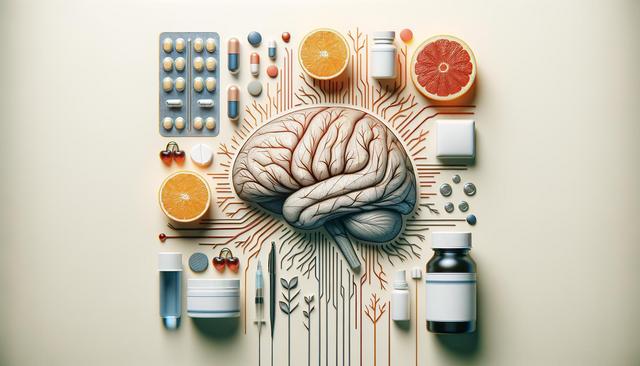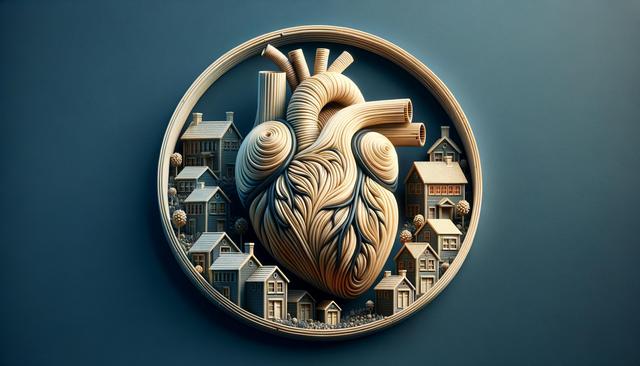Chest Discomfort or Pain
One of the most commonly reported early symptoms of clogged arteries is chest discomfort, often referred to as angina. This sensation may feel like pressure, tightness, or even a burning sensation in the chest. It typically occurs when the heart muscle doesn’t get enough oxygen-rich blood, especially during physical activity or emotional stress. While chest pain can have many causes, it’s essential not to ignore it, particularly when it’s recurrent or worsens with exertion.
People often describe it as:
- A squeezing or tightness in the center or left side of the chest
- A pain that spreads to the shoulders, arms, neck, or back
- A discomfort that eases with rest and worsens with activity
This type of chest discomfort can be an early indicator of coronary artery disease and should prompt a medical evaluation. Early detection and treatment can reduce the risk of more serious conditions such as heart attacks.
Shortness of Breath
Another subtle yet significant symptom is shortness of breath, especially during physical activity. When arteries are narrowed or blocked, the heart struggles to pump enough blood to meet the body’s oxygen demands. This can make even simple tasks like climbing stairs or walking across a room feel exhausting.
Shortness of breath related to clogged arteries may be accompanied by:
- Fatigue after minimal effort
- A feeling of breathlessness when lying down (orthopnea)
- Frequent waking up at night gasping for air
This symptom can often be mistaken for respiratory issues, but when combined with other signs, it may indicate a cardiovascular concern. Addressing it early can lead to timely intervention and improved outcomes.
Fatigue and General Weakness
Persistent fatigue is another early warning sign that can be linked to clogged arteries. When blood flow is restricted, the oxygen supply to muscles and tissues diminishes, leading to a general sense of tiredness and weakness. This isn’t the typical tiredness that follows a busy day, but rather a lingering exhaustion that doesn’t improve with rest.
Common indicators of fatigue related to cardiovascular issues include:
- Daily activities feeling more strenuous than usual
- Difficulty concentrating or focusing
- Reduced stamina and endurance
While fatigue can result from many underlying conditions, its presence alongside other symptoms like chest discomfort or breathlessness should not be overlooked. Consulting a healthcare provider can help determine whether the fatigue is heart-related.
Cold Extremities and Numbness
Poor circulation due to clogged arteries can lead to cold hands and feet or a tingling sensation in the limbs. When arteries are narrowed, they deliver less blood to peripheral areas of the body, causing these regions to feel colder or even numb. This symptom is more noticeable in colder environments or after periods of inactivity.
In addition to temperature changes, individuals may notice:
- Weak or absent pulse in the limbs
- Slow healing wounds on the feet or legs
- Muscle cramping in the legs during walking (claudication)
These signs are particularly associated with peripheral artery disease, a condition related to the buildup of plaque in the arteries that supply the limbs. Recognizing these early indicators can help detect cardiovascular issues before they progress.
Erectile Dysfunction in Men
Though often discussed less frequently, erectile dysfunction (ED) in men can be an early symptom of clogged arteries. The same process that restricts blood flow to the heart can also affect the arteries that supply the reproductive organs. ED can occur years before other noticeable heart-related symptoms develop, making it an important signal worth evaluating.
Men may experience:
- Difficulty achieving or maintaining an erection
- Reduced sexual desire
- Performance issues not explained by psychological causes
While ED can have multiple causes, when it appears in combination with other signs of poor circulation, it should be investigated further. Early cardiovascular screening can not only improve heart health but also address this sensitive issue more effectively.
Conclusion
Recognizing the early symptoms of clogged arteries can be a crucial step toward preventing serious cardiovascular events. From chest discomfort and fatigue to cold extremities and erectile dysfunction, these signs may appear subtle but carry significant weight. Paying attention to your body and seeking medical advice when you notice unusual changes can lead to early diagnosis and more effective treatment. If you or someone you know exhibits any of these symptoms, consider consulting a healthcare professional for a thorough evaluation. Proactive health monitoring can make a meaningful difference in long-term wellness.




Leave a Reply